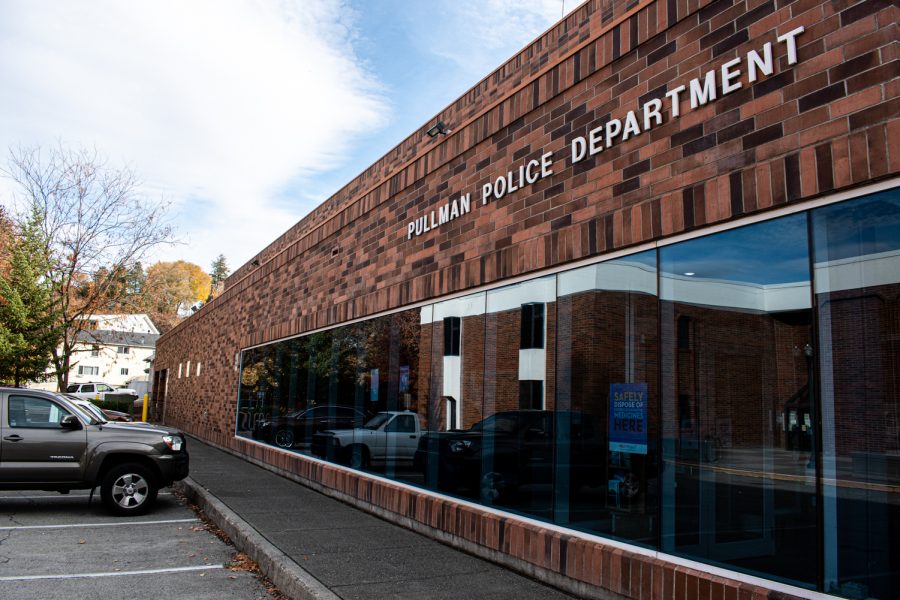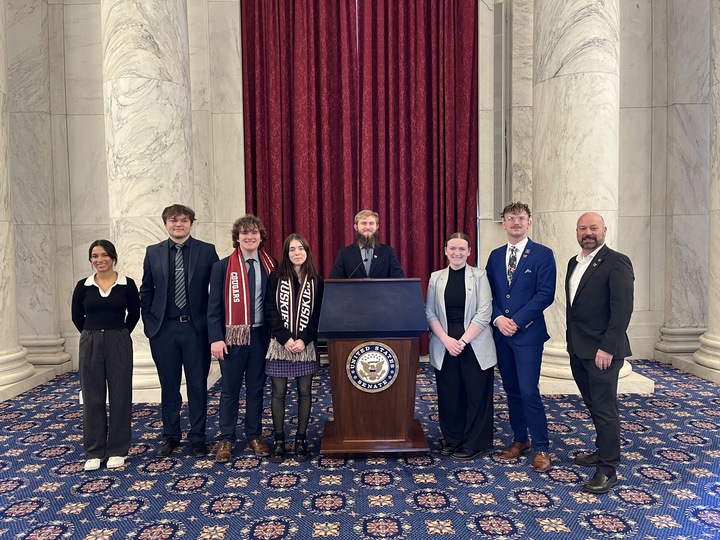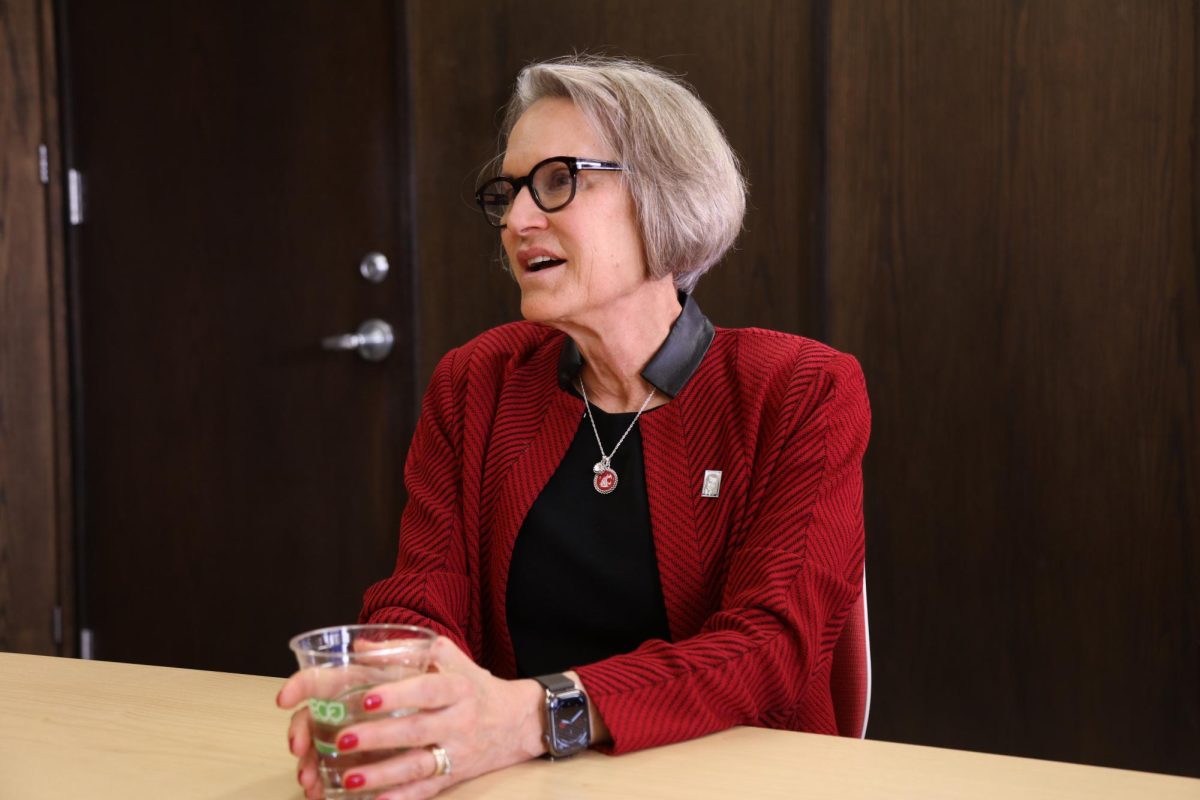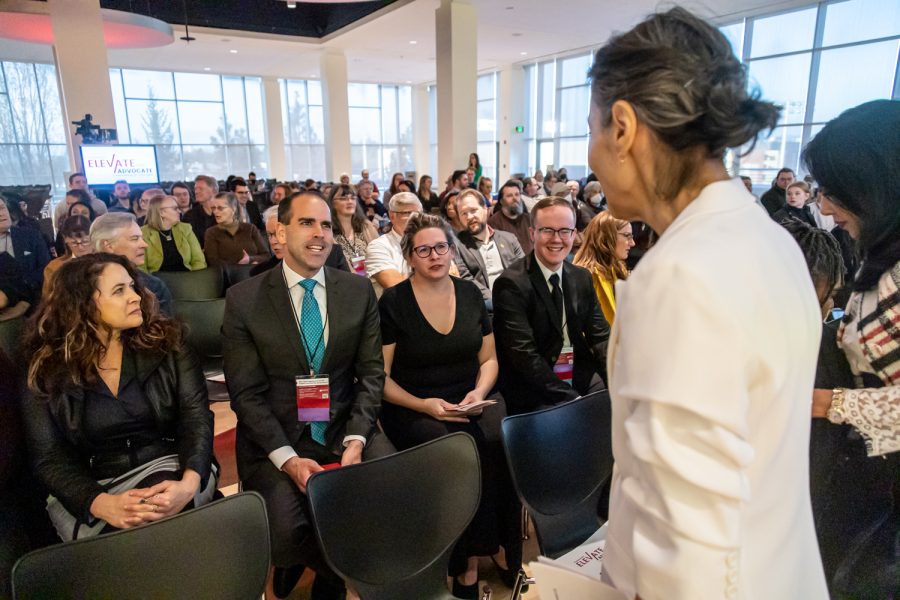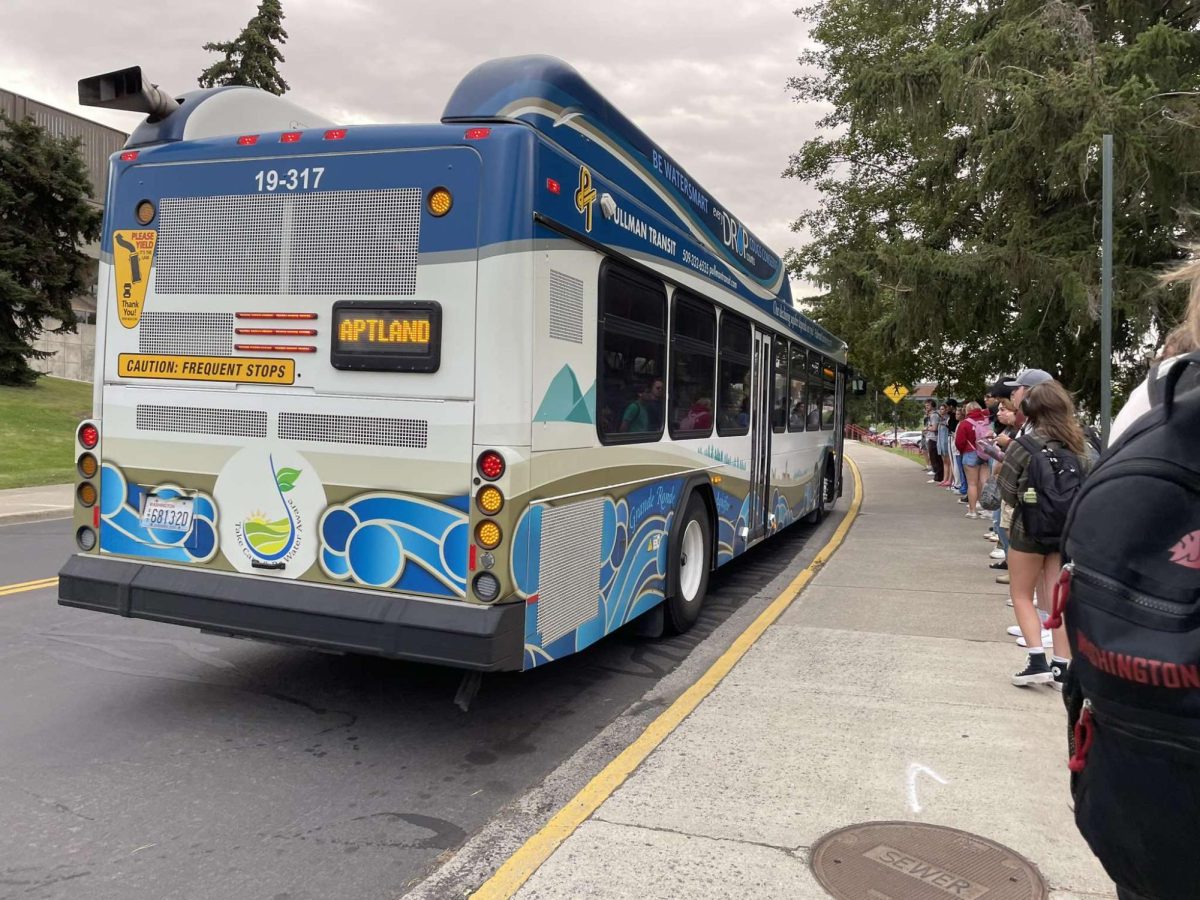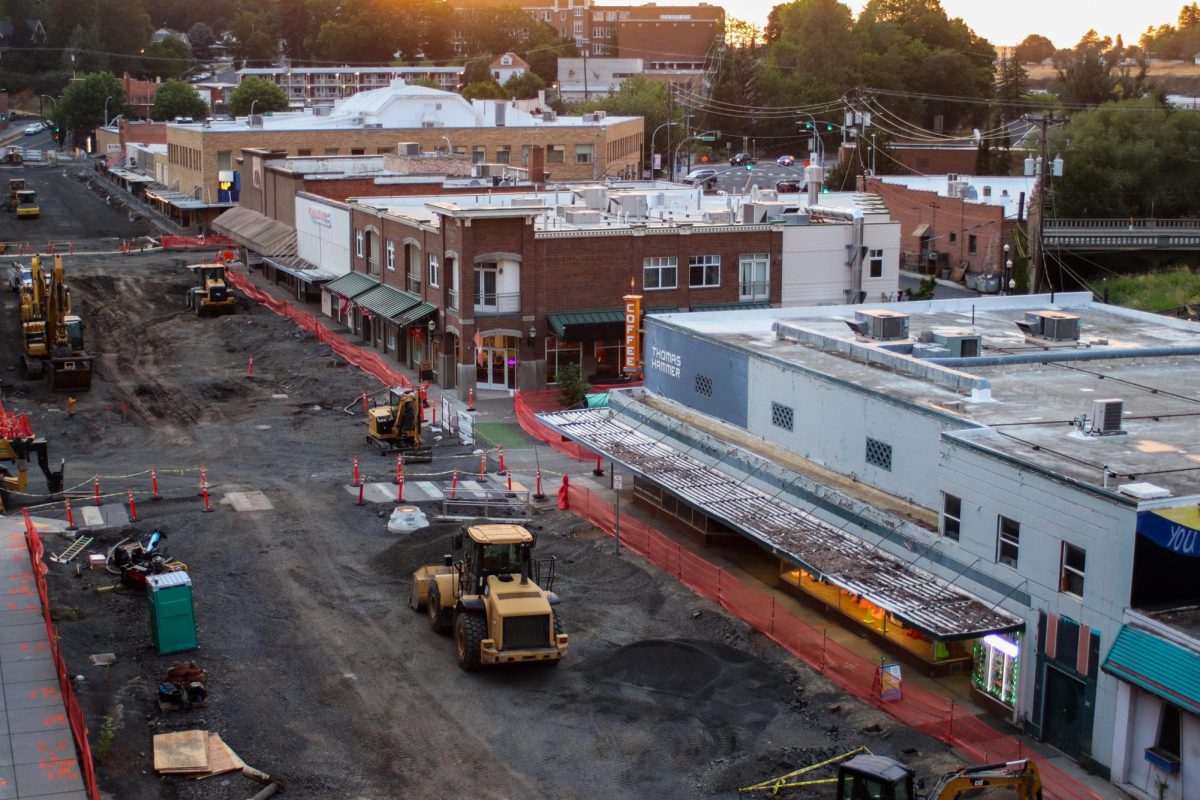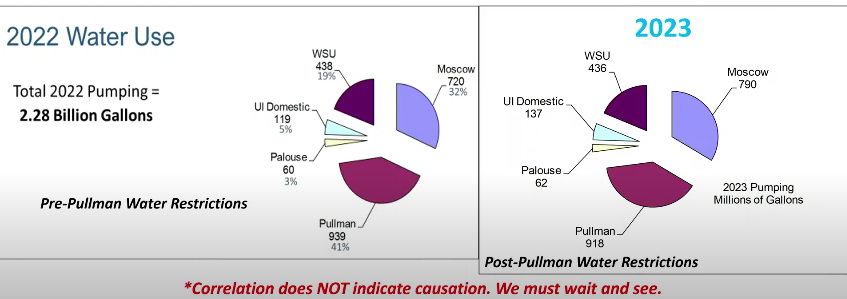The Pullman Police Department joins other agencies utilizing the Active Bystandership for Law Enforcement training, which focuses on misconduct prevention.
According to The Community Policing Dispatch website, ABLE is provided by the Georgetown University Law Center. The program was launched in 2021 by Georgetown’s Innovative Policing Program in partnership with the Sheppard Mullin Law firm, according to the website.
ABLE is an extension of the New Orleans Police Department’s Ethical Policing is Courageous Peer Intervention program. The ABLE training aims to re-establish a positive culture of law enforcement and trust with civilians.
Nathan Padrta, Pullman Senior Police Officer, is one of the ABLE instructors for the Pullman Police Department. He said they started the training and hope to have every officer trained by the end of the year.
Padrta said the department became an ABLE agency in late spring of 2023. Every commissioned officer, chief and commander within the department is trained during April training.
According to the Washington State Criminal Justice Training Commission website, 30 other law enforcement agencies statewide have joined the ABLE project. The project was created from Substitute Senate Bill 5066 Peace Officers Duty to Intervene and was signed into Washington State Law on July 25, 2021. The bill requires police officers to intervene when witnessing another officer use excessive force.
Padrta said the training is eight hours that cover the three pillars of ABLE: reducing mistakes, preventing misconduct and promoting health wellness.
“We have two instructors here for the training, myself and Officer Emerson,” Padrta said. “It’s an eight-hour training where we do some PowerPoint, we do some role-playing stuff and it’s just a lot of discussion, so it’s pretty interactive.”
The training is conversational and the role plays are used to demonstrate how to intervene, he said. The training also focuses on methods that prevent potential misconduct situations from happening.
“It doesn’t primarily focus on a situation where an officer needs intervention, it also focuses on what steps we can take before these events happen to prevent them from happening,” Padrta said.
The department does one eight-hour session but that it can be broken into two four-hour sessions, he said. The Pullman department class size is small so it is easier and more interactive to complete the training in one session instead of two.
Some of the existing measures to promote accountability among the Pullman PD include body-worn cameras, beginning in March 2013 and the ride-along system, which is open to members of the community, according to the Pullman PD website.
In addition, according to the same website, the Pullman PD already requires other trainings for officers, including Basic Training and De-Escalation Training.
Christina Shellabarger, department of criminal justice and criminology grad student and CSI Lab manager, said the current relationship between law enforcement and civilians is complex because every police department operates differently.
Shellabarger said there’s a disconnect when it comes to communication between civilians and law enforcement. The police officers’ job is to help the community, but they cannot solve it if they do not understand the needs of the community.
“Every police department has different dynamics with the community, just as every community is different,” Shellabarger said. “It depends on the officers, the training, what is going on in the historical context of the area and the news.”
Shellabarger, who also works with the Pullman Police through the Research for Public Safety Fellowship, said there was a big push to find different programs to help the strained relationship between civilians and law enforcement.
“Nothing is stable across law enforcement just as nothing is stable across communities,” Shellabarger said. “Every community has different needs, different wants and different expectations. At the end of the day, the police department should listen to that specific community.”
While the general trust between civilians and law enforcement may be strained, the Pullman Police Department remains committed to serving and representing its community, Padrta said.
“We’re taking those steps to show that we want to be representatives of the community,” Padrta said. “We want to work with and help the community, so I would just say for people to keep an open mind.”


